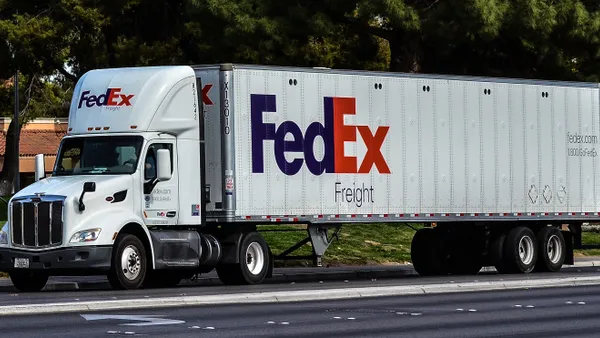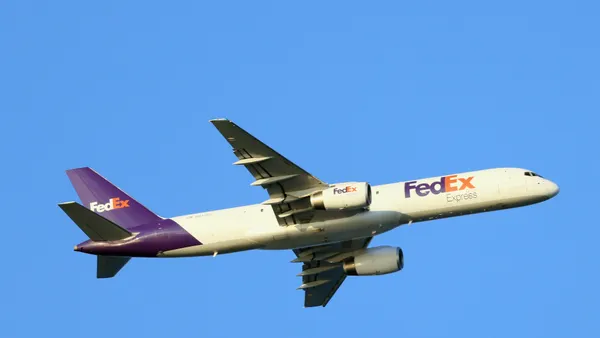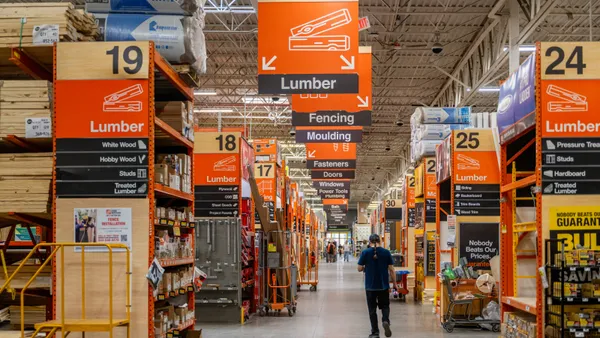Dive Brief:
- Lineage Logistics, a global cold storage leader, announced its acquisition of Preferred Freezer Services in a deal valued at more than $1 billion, The Wall Street Journal reported.
- The deal will create a closely held company which will amass more than 200 facilities and 1.3 billion cubic feet of cold-storage space across three continents. The business combination will also enable the new entity to leapfrog top-ranked Americold Logistics, which as of 2018 owned nearly 900 million cubic feet of space.
- The deal comes amid a rising demand for cold storage, driven in part by consumer desire for fresh food and fast delivery. "Everybody needs to get close to the population," said John Huguenard of Jones Lang LaSalle, an investment management company.
Dive Insight:
Cold chain warehousing is yet another mechanization of the supply chain which mirrors the present trend of demand chasing. In a tug-of-war between very specific economies of scale, and with it billions of cubic square feet that have to be put down somewhere — trailers likely won't work here — the marketplace still requires speed and nimbleness to meet its evolving demand. That the product has to remain climate controlled makes it all the more challenging — and expensive.
In addition to the rising need for more cold chain storage space, consumer trends add an additional pressure — proximity. The newly combined entity's number of facilities, which will amount to more than 200 worldwide, must also be readily accessible to meet the rising demand for online grocery shopping, meal kits and food delivery.
Distribution nodes, which companies such as Amazon have pursued in such maneuvers including its acquisition of Whole Foods, help define capacity to leverage cold chain into meeting rising demand. According to a CBRE report from 2018, this demand has required a shift from traditional retail space to industrial space, and within the next five years, approximately 35 million cubic feet of domestic storage will shift from retail to industrial space.
As demand for cold storage climbs and results in the construction of additional cold storage facilities, the market is still hindered by e-commerce and meal kit services that have struggled to deliver.
Even well-funded companies such as Blue Apron and Hello Fresh — amid some 150 other startup ventures — underscore the challenge of making the model work. Consumers want flawlessly fresh and fast — and cheap, if possible — yet fickle preference of choice when dealing with such kinds of commodities does not mix well with expensive warehousing costs.
Even the best services can only succeed with successful customer acquisition, which in part will drive the need for more cold storage, justifying the consolidation witnessed in such deals as Lineage.














